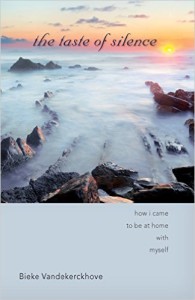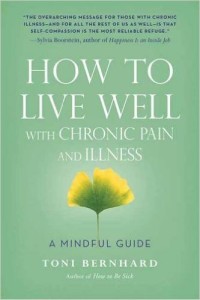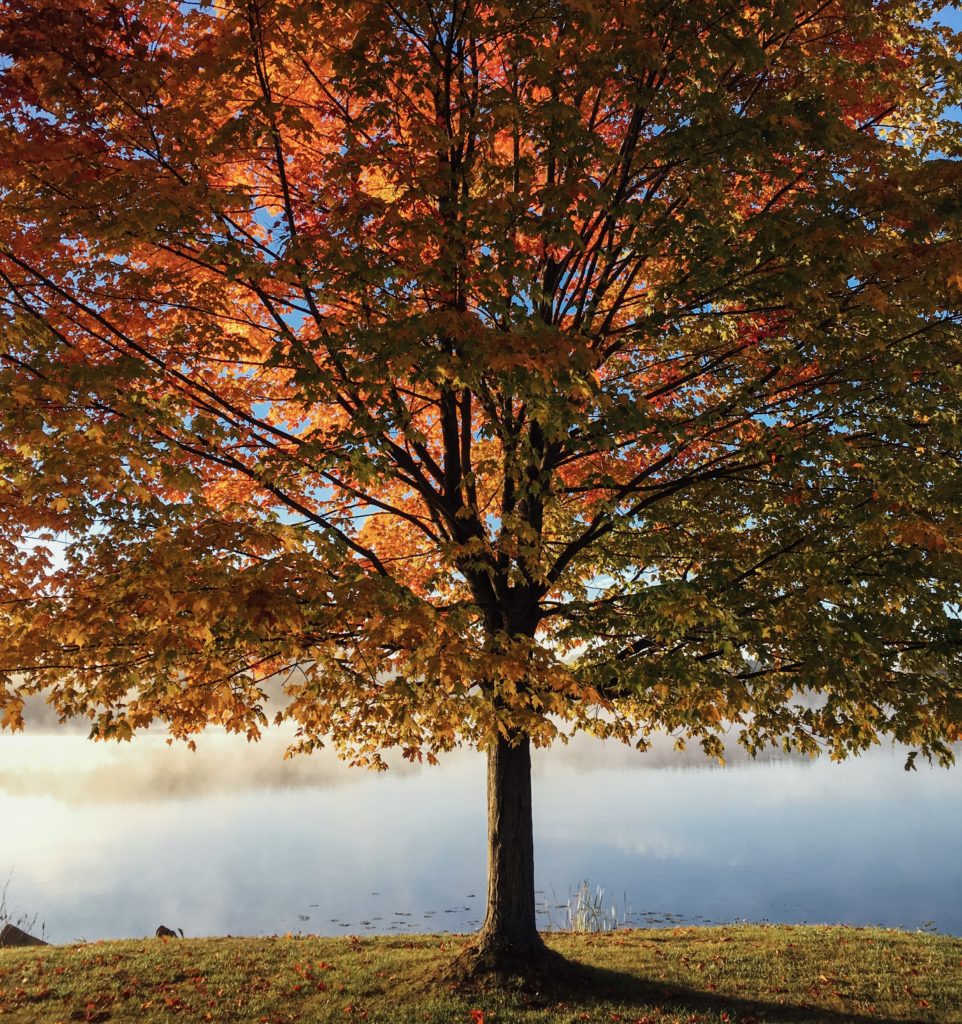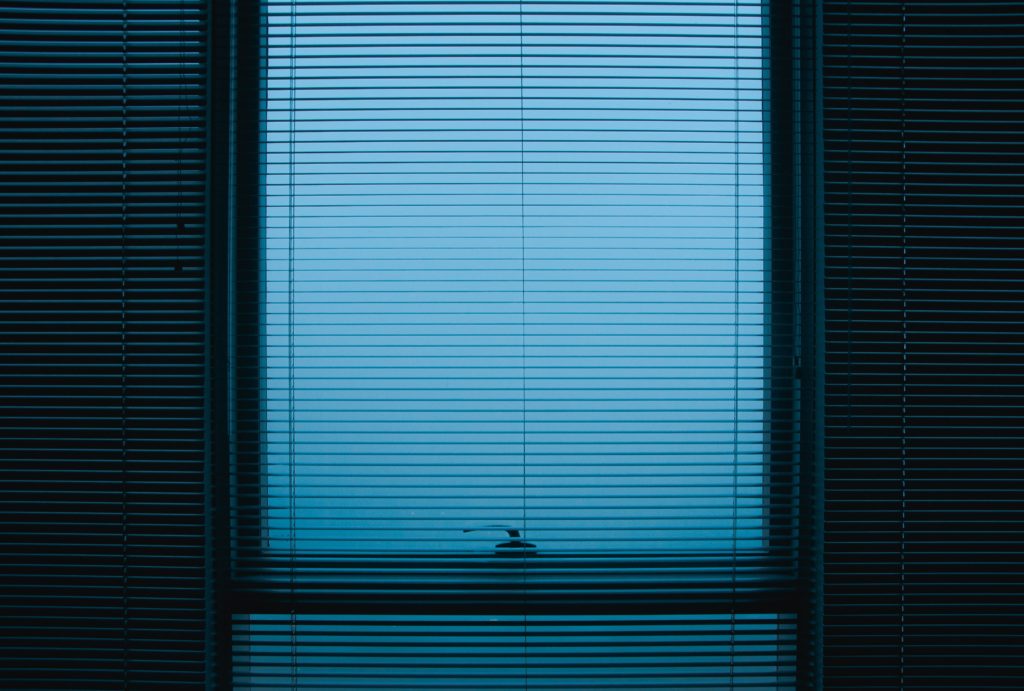
A couple of weeks ago I saw one of those charity appeals scroll past on my Facebook feed. Someone was sick and needed help. I let it pass at first, and then it came back again. So I clicked on the link. It was for this fellow I’d never met, who lived across town, a Facebook friend who was always kind and—get this—encouraging. He’d been hit with a triple whammy on the health front: lymphoma, kidney disease and congestive heart failure. I hesitated before I signed up. My choices were to give money, make a meal, or ignore it altogether. His location wasn’t exactly convenient, so maybe money would suffice. Or I could drive a meal over. In the end, I decided that if I couldn’t do that little, my friendship wasn’t worth that much. So I put my name next to a date, cooked that morning, and showed up on his doorstep.
I apologized when I got there, because the food I brought didn’t even taste good. There were dietary restrictions to follow, and anything cooked without salt ends up tasting like wet cardboard. But it turned out we had a lot in common and had a nice visit. The meal I brought, and the meal he needed, wasn’t my tasteless stuff in the plastic containers. The meal was the company we shared. I told him I could drop by and hang out anytime, and I meant it.
The next day he learned that his lymphoma had progressed even further throughout his body. He was devastated.
This isn’t the ending you’d like for this story, is it? And yet, it’s the ending we all share.
There’s a New Age mantra that tells us if we own our story and reframe the story we can rewrite the story. We can turn down into up, failure to success, pain into promise, and fear into courage just by changing the way we talk to ourselves. It’s true up to a point, and it’s not a bad way to spend a few days if you find yourself in a career or lifestyle funk. But the suffering I see all around me is too real for that.
The other night I flipped open a Buddhist magazine and saw what are called the Buddha’s Five Remembrances. These are the remembrances that we spend our whole life trying to forget.
- I am sure to become old; I cannot avoid aging.
- I am sure to become ill; I cannot avoid illness.
- I am sure to die; I cannot avoid death.
- I must be separated and parted from all that is dear and beloved to me.
- My actions are my only true belongings. I cannot escape the consequences of my actions. My actions are the ground upon which I stand.
With every true thing staring me in the face, I stopped flipping through the pages.
***
The response American crowds gave to Pope Francis last week was not surprising. We are drawn to his being because we suffer deep ills that cannot be fixed by ego’s clever devices, wounds that cannot be healed by the shallow salve of American self-help. We need a real priest for real times. The times we’re in.
So here’s the purpose of this post: I’ve been handed two beautiful books that I’m going to give away to folks who are ready to read them. If you’re interested in winning either one or both, leave a comment on this post by this Saturday, Oct. 3. Let me tell you what you’re in for.
 The Taste of Silence: How I Came To Be at Home With Myself by Bieke Vandekerckhove. This is the most profoundly brilliant book I’ve read in a long time, and it took me completely by surprise. When she was 19 and in college, the Belgian author was diagnosed with ALS and quickly became paralyzed from the pelvis up. Facing the certainty of approaching death, she took refuge in the silence of a Benedictine monastery and Zen practice. Remarkably, she experienced an unheard-of remission, and from her extreme forbearance came this small book of shining teachings. A week after I read this long-awaited English translation, I learned that Bieke had died after 27 years with the disease.
The Taste of Silence: How I Came To Be at Home With Myself by Bieke Vandekerckhove. This is the most profoundly brilliant book I’ve read in a long time, and it took me completely by surprise. When she was 19 and in college, the Belgian author was diagnosed with ALS and quickly became paralyzed from the pelvis up. Facing the certainty of approaching death, she took refuge in the silence of a Benedictine monastery and Zen practice. Remarkably, she experienced an unheard-of remission, and from her extreme forbearance came this small book of shining teachings. A week after I read this long-awaited English translation, I learned that Bieke had died after 27 years with the disease.
 How to Live Well with Chronic Pain and Illness by Toni Bernhard. Fourteen years ago, Toni was traveling in Paris when she fell ill with an acute virus. She never got better. She is still sick. Toni is no longer a law professor or college dean. She is instead a tireless author of books about the unavoidable presence of pain and the power of sickness. Her work is wonderfully honest, practical and wise, proof that living ill can be living well. From the midst of suffering, Toni is generous and clear. This book is a bountiful gift to caregivers too, so they can keep giving when they’ve given just about everything.
How to Live Well with Chronic Pain and Illness by Toni Bernhard. Fourteen years ago, Toni was traveling in Paris when she fell ill with an acute virus. She never got better. She is still sick. Toni is no longer a law professor or college dean. She is instead a tireless author of books about the unavoidable presence of pain and the power of sickness. Her work is wonderfully honest, practical and wise, proof that living ill can be living well. From the midst of suffering, Toni is generous and clear. This book is a bountiful gift to caregivers too, so they can keep giving when they’ve given just about everything.
A taste of hard wisdom offered with love and delivered to your doorstep. If you could use the company, just tell me so.







 I have written before about the
I have written before about the 

